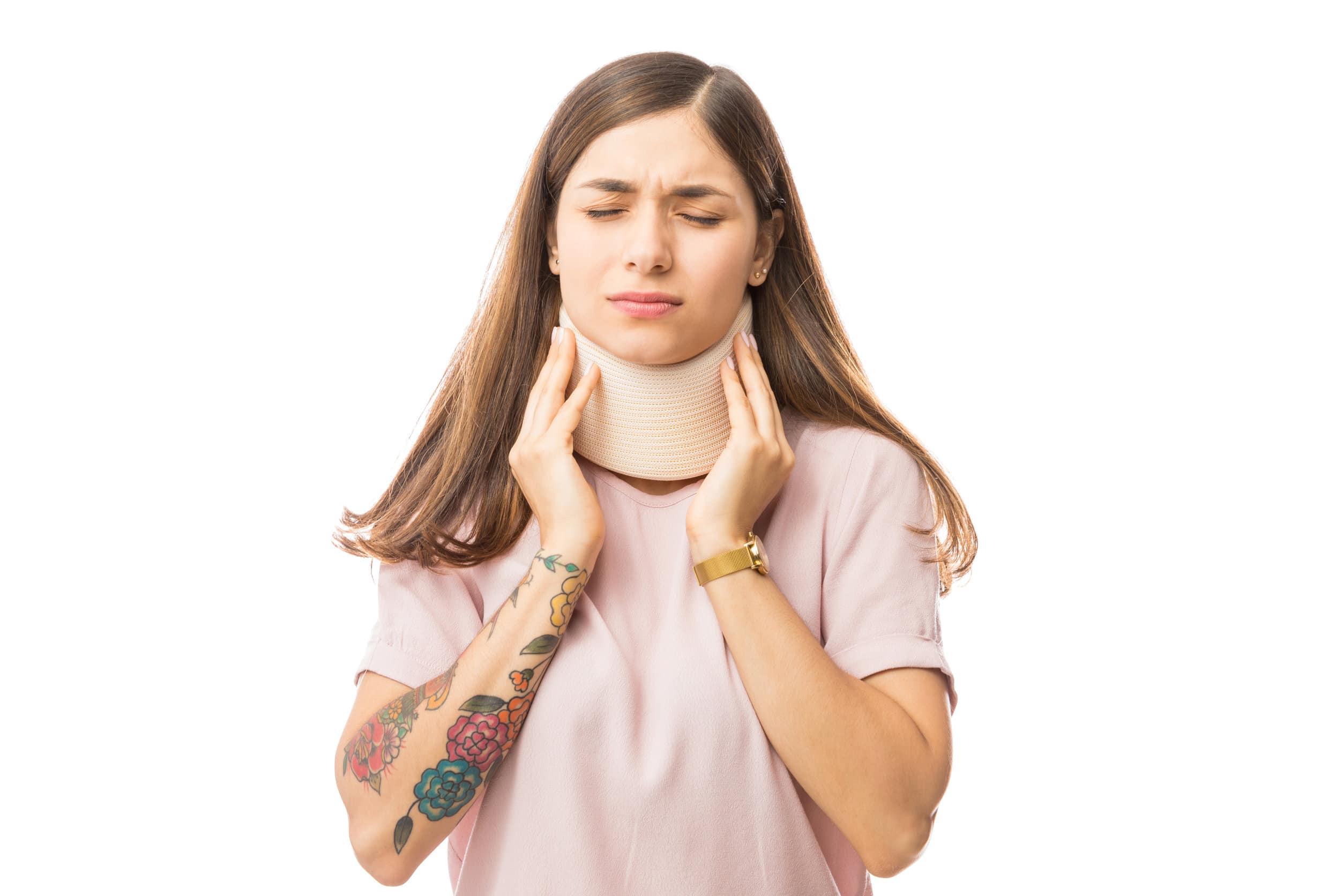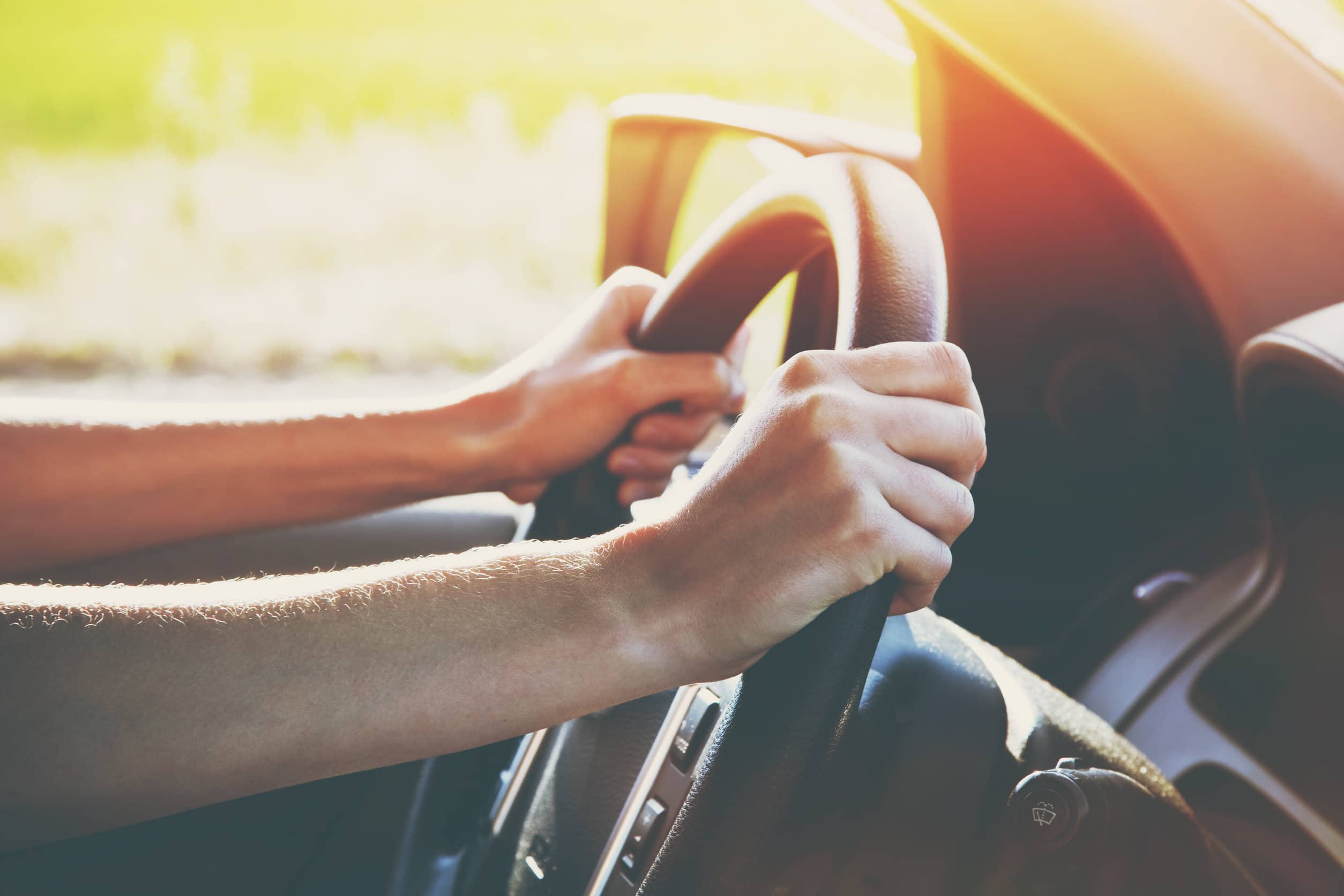Hotel Negligence in FL: Do You Have a Case?
Florida is a state to which people flock all year long for a vacation. That’s why hotels and resorts can be found everywhere across the state. And while service and conditions at many hotels are impeccable, you may also run across those establishments who let guest safety slip through the cracks from time to time.
It’s an unfortunate thing that injuries due to hotel negligence are not an uncommon event in Florida. That’s why, if you’re planning to visit a Florida hotel, or you have and were injured, then it’s important to know what hotel negligence is and what you can do about it.
Here is a crash course on what every hotel guest in Florida should know about negligence and what to do if you are injured while staying on a hotel’s property.
Premises Liability in Florida
Premises liability covers laws that concern the legal duties of property owners in regard to invitees, trespassers, customers, and visitors. In general, hotel owners in Florida have the legal duty to maintain a property to ensure that it’s habitable, secure, and safe. If that duty is breached by the hotel, then they can harbor some liability for injuries that may happen due to that breach.
Hotels are legally obligated to ensure that they have good security to keep guests safe from criminals and other aggressors that could bring them harm. If they fail to take steps to provide adequate security, then that is known as negligent security.
If a person staying on or visiting a hotel’s property is injured because of the negligence of the hotel, then financial compensation may be in order. Depending on the circumstances of the case, the value of compensation can be quite substantial.
These rules of negligence apply to many different types of accommodations that can be found in Florida beyond hotels and motels. They also include:
- Campgrounds
- Rental homes
- Resorts
- Lodges
- Hostels
- Timeshares
- Cabins
- Ranches and farms
Plus, you can bring a lawsuit against a hotel for negligence even if you were not a guest there. So, if you go to visit a friend at a Florida hotel and are injured due to the hotel’s negligence, then you may still have a claim for a negligence suit to be brought against the hotel.
Do You Have a Case?
One of the most popular inquiries received by personal injury attorneys when it comes to hotel negligence is if someone legally has a case. Of course, it’s natural to wonder, when you’ve been injured due to the negligence of others, whether or not your case can move forward. In most cases, your attorney will ask you a few things to determine if you have a case, including:
What Is the Cause of Your Injury?
The circumstances surrounding your case are very important to determine if you have the grounds to bring a lawsuit in court. Make sure to provide as much detail as you can to your attorney, even details you may not believe to be important such as the weather, the conditions of the hotel, and any witness statements you may have.
Was the Danger Obvious?
You may be embarrassed to admit that you were injured because of an obvious danger, but don’t be. After all, if the hotel knew of an obvious danger to its guests, then it should have taken steps to resolve it.
Were There Any Warning Signs?
Sometimes, dangerous areas will have signs or be taped off to let guests know of the danger. How an area was marked can have a significant impact on the case, so it’s important to share these details with your attorney.
Did the Staff Know of the Danger?
If any employees of the hotel, vendors, managers, or other staff knew of the danger or conditions that led to your accident, then that’s vital to the case. Even if they helped you after the accident, they may still be responsible for the conditions that led to it.
Was There an Accident Report?
An internal report that details the accident is filed in most cases by the hotel. They may not have provided a copy of this to you voluntarily, but if they did, then hang on to it and give it to your attorney. If you don’t have a copy but know that a report was done, then give that information to your attorney, too. This can help to establish some of the facts of the case to help you in court.
If you are still unsure if you have a solid case, then talk to an attorney as soon as possible after the accident.
About the Author:
Andrew Winston is a partner at the personal injury law firm Winston Law. For over 20 years, he has successfully represented countless people in all personal injury cases, focusing on child injury, legal malpractice, and premises liability. He has been recognized for excellence in representing injured clients by admission to the Million Dollar Advocates Forum and named one of America’s Top 100 High-Stakes Litigators. Mr. Winston is AV Preeminent Rated by the Martindale-Hubbell Law Directory, enjoys a 10.0 rating by AVVO as a Top Personal Injury Attorney, and has been selected as a Florida “SuperLawyer” from 2011-2022– an honor reserved for the top 5% of lawyers in the state – was voted to Florida Trend’s ”Legal Elite,” recognized by Expertise as one of the 20 Best Fort Lauderdale personal injury attorneys, named one of the Top 100 Lawyers in the Miami area for 2015-2022, and one of the Top 100 Lawyers in Florida for 2015-2017 and 2019-2022.
 No Brake Lights — Can a Rear-End Collision Be Your Fault in Florida?
No Brake Lights — Can a Rear-End Collision Be Your Fault in Florida? 


















